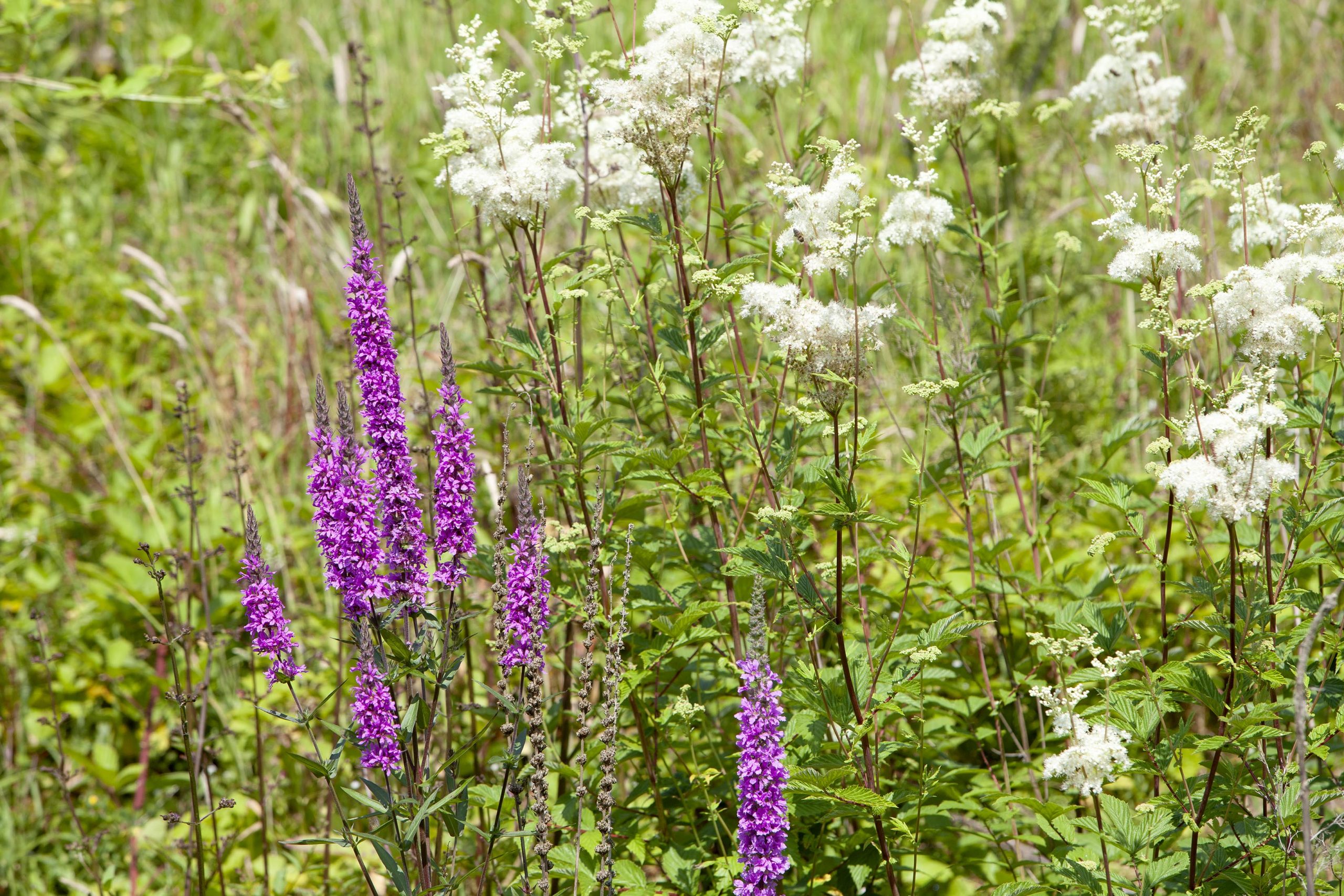Sustainability is a main priority for us and a theme that runs through all of our departments and day to day work across campus. As part of the University of Exeter and Falmouth University declaring a climate and ecological emergency in 2019, our services and operations are key to achieving their goals and objectives.
Our key sustainability themes include energy, waste, transport, biodiversity, procurement and commercial operations. All of these themes have a carbon and ecological impact, we are therefore committed to achieving net zero carbon scope 1, 2 & 3 emissions before 2050.
Ultimately, we want to create a positive and proactive culture on campus where all staff and students feel empowered to take sustainable action and learn about how our campuses are working towards our shared sustainability targets.
You can help us make our campuses more sustainable. For instance, by making sure the correct recycling goes into the correct bin. This reduces the amount of waste sent to the incinerator (waste for energy).
There is always more we can do, talk directly to our sustainability team via sustainability@fxplus.ac.uk
Our Effect

On behalf of Falmouth University and the University of Exeter, we’ve been working on a number of projects across campus to make it more sustainable. Here is just some of the work carried out so far.
Local Suppliers: 70% of our food and drinks suppliers are locally based (Devon and Cornwall) – reducing food and transport carbon emissions and helping to support the local economy. In total, 36% of all our suppliers are based either in Cornwall or Devon.
Sustainable Suppliers: Our Procurement Team has signed up to the NETpositive supplier engagement platform. This tool allows us to assess our suppliers’ sustainability credentials in greater detail, and enables us to work with them to build sustainability objectives and action plans together. Using NETpositive will help reduce our indirect carbon emissions through increasing the sustainability of our suppliers.
Lowering Energy Emissions: Since 2006, we have reduced Greenhouse Gas (GHG) emissions by approximately 40% by installing technologies including LED lighting, photovoltaics and combined heat and power systems.
Electric Vehicle Fleet: In January 2020, we introduced a fleet of five 100% electric vans to reduce emissions within our estates department. Our aim is to integrate additional electric vehicles across our campus operation departments as older vehicles reach end of life.
Campus Biodiversity: Over the lockdown period following Covid-19 regulations, we increased wildflower areas on campus by 60% (4.5 acres) supporting native flora and fauna to regenerate. In July 2022, we won the international Green Flag award for the sixth year in a row for the grounds gardens at Penryn Campus. Our beautiful campuses are full of a huge variety of plants, insects and wildlife. Our grounds team encourages biodiversity to flourish.
Reusable Containers & Single Use Plastics: We have introduced reusable pint glasses at all gigs/student events. The majority of our retail outlets are now using compostable or recyclable takeaway coffee cups.
Vegetarian and Vegan in Catering: It is well researched now excessive meat production and consumption uses huge amounts of resources as well animal cruelty and human health issues. Across both our campuses we offer an everyday hot meal vegan option as a way to cut emissions and environmental impacts. We are seeing an increasing uptake on vegan and vegetarian options across our campuses and we are continually looking at new ways to encourage further uptake of vegetarian and vegan options.
Sustainability Week: As part of an annual event hosted by the Student Union, there is a week full of sustainability events, lectures and activities for staff and students. The 2019 Sustainability Week event won the Collaboration of the Year award with the National Societies and Volunteering Awards.
Waste/Recycling: On average, the campus generates approximately 45 tonnes of waste and recycling material per month (pre Covid-19). 36% of our waste is recycled where the rest is sent to an incineration plant which is then converted back into energy. None of our waste is sent to a landfill site. Our aim is to increase recycling rates 1% per year. Due to Covid-19 and limited campus activity, this has significantly reduced all waste and recycling outputs. We are therefore running behaviour change and educational campaigns during the year for anyone working at home or on campus.
Travel and Transport: Business and commuter travel makes up approximately 16% of our total emission profile. As a result of Covid-19, working and studying from home has significantly reduced travel. A work and study from home culture has therefore been encouraged to continually do so moving forward. Please visit our travel pages for more information on sustainable and active travel.
Cornwall Plus: Our Cornwall Plus team managing holiday and non-university orientated accommodation and events were awarded the Green Tourism Silver Award. We have a positive effect and impact to promote and support sustainable tourism in Cornwall and therefore very proud to achieve this certification and recognition.
Data and Analytics Capturing: As part of capturing reliable and insightful data and information, we partnered with the University of Exeter Environment & Climate Emergency Team to adopt the Greenstone data capturing and analytics program. This allows us to create a consistent approach to carbon footprint reporting and understand where the key areas are for carbon reduction.
Cleaning: Our Cleaning Team has implemented a new dosing system, which will greatly improve the environmental sustainability of the products we use. All products have a ‘WEIR’ (Wright Environmental Impact Rating) rating system that measure the raw materials used, the risk of release to the environment, the environmental hazard classification, the impact of water used in product, the impact of usage, the pH, and the impact of energy used to prepare & manufacture a finished product. Plus, the super-concentrated nature of what is being purchased, and the volumes in which they are provided, mean that we expect a reduction of 3,000 plastic bottles per year, alongside a reduction in shipping and associated emissions.



